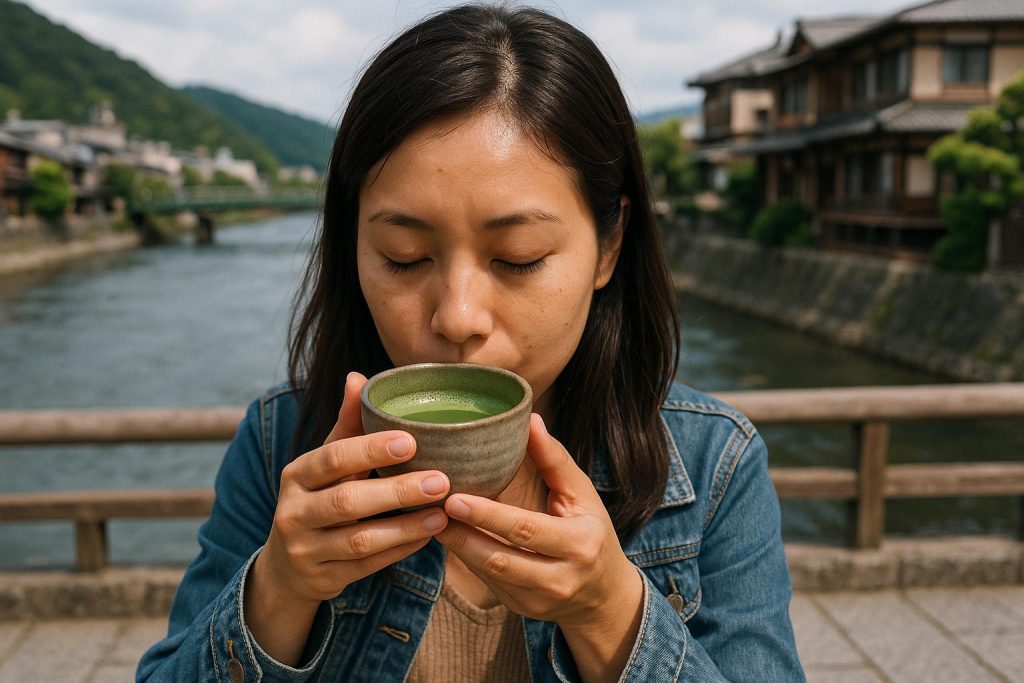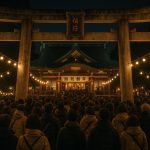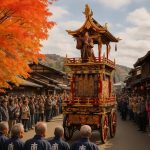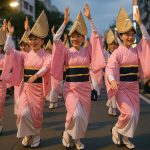Exploring Uji: Japan’s Green Tea Capital
Uji, a picturesque city situated in the Kyoto Prefecture of Japan, is widely acclaimed for its exquisite green tea, especially the famed matcha. This city is not only a hub for tea enthusiasts but also a historical site that encapsulates the development and evolution of tea culture in Japan. Its tea cultivation heritage stretches back several centuries, presenting an ideal destination for anyone eager to taste, understand, and immerse themselves in the cultural ethos surrounding this iconic beverage.
The Origin of Uji Matcha
The prestigious reputation of Uji as a center for green tea production began as early as the 12th century when tea seeds were brought from China by Buddhist monks seeking to enhance their meditation practices. Over the centuries, Uji’s reputation burgeoned due to its ideal climate and the skill of local tea producers. The region is blessed with a favorable misty climate and soil conditions that are particularly suited to tea cultivation. Uji’s unique environmental conditions and the prowess of its growers have contributed to the distinctive flavor profile of its matcha, celebrated for its luminous color, full-bodied taste, and the balance of bitterness and sweetness.
Visiting Tea Plantations
For those with a keen interest in the process of tea production, Uji offers an array of opportunities to visit tea plantations that scatter its countryside. These tours elucidate the comprehensive process involved in the planting, growing, and harvesting of tea leaves. Each step of the production process is shared, from nurturing the seedlings to the meticulous timing of the harvest. A visit to a plantation like the Taihoan Tea House immerses visitors in an authentic experience of traditional tea ceremonies. Here, one can witness the careful and ritualistic art of tea preparation, which has been honed over generations, offering a glimpse into the serene practice that underscores the spiritual elements of tea culture in Japan.
Tea Houses and Shops
Upon arrival in Uji, visitors will discover a multitude of tea houses and specialty shops, each offering a profound connection to authentic matcha. These establishments often provide tea-tasting sessions, allowing attendees to savor premium matcha in its pure form and indulge in delectable matcha-flavored sweets. A notable destination is Nakamura Tokichi, which stands out for its dedication to traditional tea preparations and a wide array of products. Here, visitors can explore offerings ranging from gourmet matcha powders to innovative desserts, all crafted with an emphasis on quality and authenticity. The tea houses and shops of Uji are not mere retail spaces, but cultural havens where the artistry and appreciation of tea are celebrated.
Matcha-Making Workshops
To delve even deeper into the world of matcha, several hands-on workshops are available in Uji. These workshops present an opportunity for participants to experience the art of matcha-making. Guided by experts, attendees learn to skillfully grind tea leaves into fine powder and engage in preparing matcha using time-honored methods. This process not only enriches the participant’s understanding of matcha but also offers a tangible connection to the traditional practices of tea preparation. By engaging in these workshops, participants gain invaluable insights, enabling them to bring home a piece of Uji’s rich tea culture for further personal exploration and enjoyment.
Conclusion
Uji extends a unique invitation to explore the complexities and enchaintment of matcha tea, from its detailed cultivation process to the artistry involved in its preparation. Whether engaging in plantation visits, participating in tea-tasting sessions, or delving into matcha-making workshops, visitors are afforded a holistic immersion into a profound cultural tradition that thrives in this historical city. Through these experiences, Uji not only unveils the beauty and intricacy of matcha but also encapsulates a cherished aspect of Japan’s cultural heritage.













